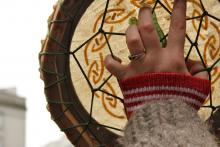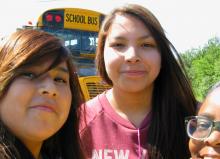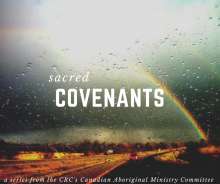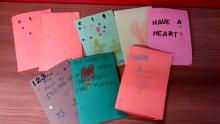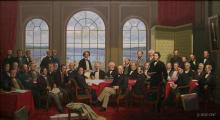Most Thursdays, I spend my afternoons at a local halfway house and healing centre, created to prepare Indigenous men for the transition from federal prison to the street. I walk through two sets of glass doors, up a short flight of stairs, and into the sweet smell of sage grass and fried food. Indigenous parole officers, administrators, and parolees mill around a front desk, filling out paperwork and discussing their plans for the weekend. Of the dozen or so people around me, I am the only one with white skin. Brown skin is the norm here, and my whiteness makes me an outsider.

